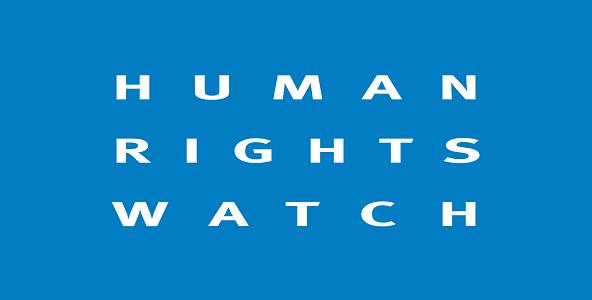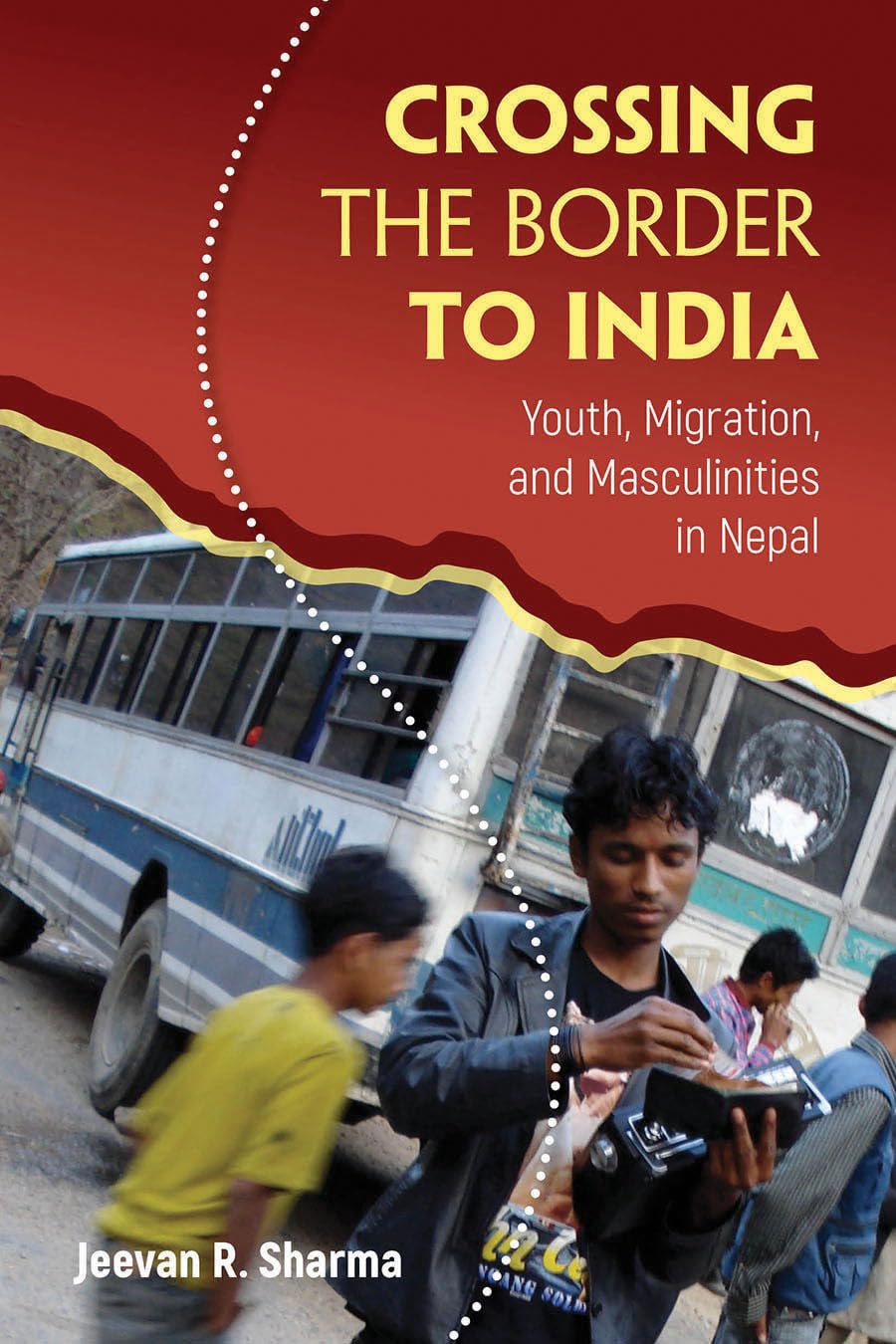Rights violations continue in South Asia: HRW

London – A leading human rights group, Human Rights Watch (HRW), has said rights violations continue in South Asian countries.
In its World Report 2021 published on Wednesday, the New York-based rights group said that the Indian government increasingly harassed, detained, and prosecuted activists, journalists, and others critical of the government or its policies last year.
India
The Bharatiya Janata Party (BJP)-led government brought politically motivated cases, including under broadly worded sedition and counterterrorism laws, against human rights defenders, student activists, academics, opposition members, and other critics. It blamed them for the communal violence in February in Delhi, as well as caste-based violence in Bhima Koregaon in Maharashtra state in January 2018. In both cases, BJP supporters implicated in the violence were not prosecuted. Police investigations were biased and aimed at silencing dissent and deterring future protests. The authorities also used foreign funding regulations to target outspoken groups for their human rights work.
“The Indian government seems determined to punish peaceful criticism using draconian laws, while sending a broader message that chills dissent,” said Meenakshi Ganguly, South Asia director at Human Rights Watch. “Instead of addressing growing attacks on Muslims, minorities, and women, Indian authorities increased their crackdown on critical voices in 2020.”
In the 761-page World Report 2021, its 31st edition, Human Rights Watch reviews human rights practices in more than 100 countries.
The February 2020 communal violence in Delhi killed at least 53 people, with over 200 injured, properties destroyed, and communities displaced in targeted attacks by Hindu mobs. While a policeman and several Hindus were also killed, the vast majority of victims were Muslim. The attacks came after weeks of peaceful protests against the Indian government’s discriminatory citizenship policies, the report says.
The Covid-19 pandemic made access to the internet crucial. However, even after the Supreme Court said in January that access to the internet was a fundamental right, the authorities permitted only slow-speed 2G mobile internet services, leading doctors to complain that it hurt the Covid-19 response.
Crimes against Dalits increased, in part as backlash by members of dominant castes against what they might perceive as a challenge to caste hierarchy. Crimes against women increased too. In September, a 19-year old Dalit woman died after being gang-raped and tortured, allegedly by four men of dominant caste in Uttar Pradesh. The authorities’ response highlighted how women from marginalized communities faced even greater institutional barriers to justice.
Pakistan
Pakistan’s government intensified its crackdown on the media, political opponents, and civil society in 2020, while failing to stem violence against women and minorities, the Human Rights Watch said in its report.
Pakistani authorities harassed, and at times, prosecuted human rights defenders and journalists for criticizing government policies. They deployed the National Accountability Bureau, Pakistan’s anti-corruption watchdog, to detain political opponents and critics of the government, including the Jang group editor Mir Shakil-ur-Rehman, who was held without bail for six months.
“Pakistan’s continuing assault on political opponents and free expression put the country on an increasingly dangerous course,” said Brad Adams, Asia director at Human Rights Watch. “Threatening opposition leaders, activists, and journalists who criticize the government is a hallmark of authoritarian rule, not a democracy.”
Violence against Pakistan’s Ahmadiyya religious community worsened in 2020, with at least four Ahmadis killed for alleged incidents of blasphemy. Data from domestic violence help lines across Pakistan indicated that cases of domestic violence increased 200 percent from January-March 2020, and further worsened during the Covid-19 lockdowns after March, the report said.
Bangladesh
Bangladesh’s Awami League-led government used the Covid-19 pandemic as a pretext to censor free speech and crack down on critics, Human Rights Watch said today in its report . The authorities arrested journalists, artists, students, doctors, political opposition members, and activists who spoke out against the government’s response to the pandemic, or otherwise criticized the ruling party.
“The ruling Awami League showed in 2020 that it will stop at almost nothing to maintain its grip on authoritarian control, even in the face of a global pandemic,” said Brad Adams, Asia director at Human Rights Watch. “The ruling Awami League needs to stop worrying about cartoonists and kids criticizing the Prime Minister on Facebook, and start worrying about abuses by its own authorities amid the pandemic.”
Protests broke out after several gang-rape cases came to light, drawing attention to widespread violence against women and girls, and the impunity perpetrators often enjoy. Nongovernmental groups reported a marked increase in reports of domestic violence during the Covid-19 lockdown. Instead of heeding activists’ calls for real reform, the government hurriedly approved an amendment to allow for the death penalty for rape.
Arrests under the abusive Digital Security Act increased dramatically. Police even arrested a child for “defaming” the prime minister in a Facebook post.
The authorities released over 23,000 detained people to protect against the spread of Covid-19 in prisons, but did not include those held for criticizing the ruling party.
Security forces were accused of committing extrajudicial killings with near-complete impunity. However, when police killed a retired military officer, Maj. Sinha Rashed Khan, the authorities were forced to take action. “Crossfires” – a euphemism for extrajudicial killings – dropped precipitously, indicating that the authorities are able to end them whenever they choose.
With Myanmar failing to create conditions for their safe and voluntary return, Bangladesh hosts nearly 1 million Rohingya refugees. However, the government took an abusive turn in its approach to the crisis, deploying restrictive policies in the refugee camps in violation of basic rights.
Following massive order cancellations during the pandemic, more than 1 million garment workers – mostly women – were laid off, and many did not receive payment of owed wages. The government provided US$600 million in subsidized loans to companies to support payment of these wages, but it is unclear how the wages were paid, particularly to women who may not have financial control or access in their households
Nepal
The government of Nepal made no progress toward justice during 2020 for abuses committed during the country’s civil conflict, which ended in 2006; while a raft of new laws curtailing freedom of expression are currently before parliament, Human Rights Watch said in its report.
“The impunity the government grants to perpetrators of violence, including conflict era abuses, is contributing to ongoing abuses, and undermining efforts to institutionalize the rule of law in Nepal today,” said Meenakshi Ganguly, South Asia director at Human Rights Watch. “Meanwhile, fundamental civil rights are threatened by draft laws that would curtail freedom of expression and grant unlimited powers of surveillance to Nepal’s intelligence agency.”
Several bills before Nepal’s parliament would severely curtail freedom of expression by imposing draconian penalties for broadly defined new offenses regulating the media and online speech. Other draft laws give unlimited search and surveillance powers to the intelligence service, and reduce the autonomy of the National Human Rights Commission.
A draft citizenship bill addressed some people currently at risk of statelessness, such as orphans whose parents have not been identified, but retained provisions that discriminate based on gender by limiting women’s rights to transmit citizenship to their children or their spouse.
Two transitional justice bodies, the Truth and Reconciliation Commission and the Commission of Investigation on Enforced Disappeared Persons, have received over 60,000 complaints, but neither has completed any cases. The government failed to address concerns that both commissions lacked independence, to hold substantive consultations with victims, or to amend the law on transitional justice to comply with Supreme Court rulings.
The government also failed to comply with numerous court orders relating to conflict-era police investigations and prosecutions. More than 14 years since the conflict ended, almost no one has been held accountable for conflict-era crimes.
For reports about other South Asian countries, please visit:
https://www.hrw.org/sites/default/files/media_2021/01/2021_hrw_world_report.pdf


















Facebook Comments